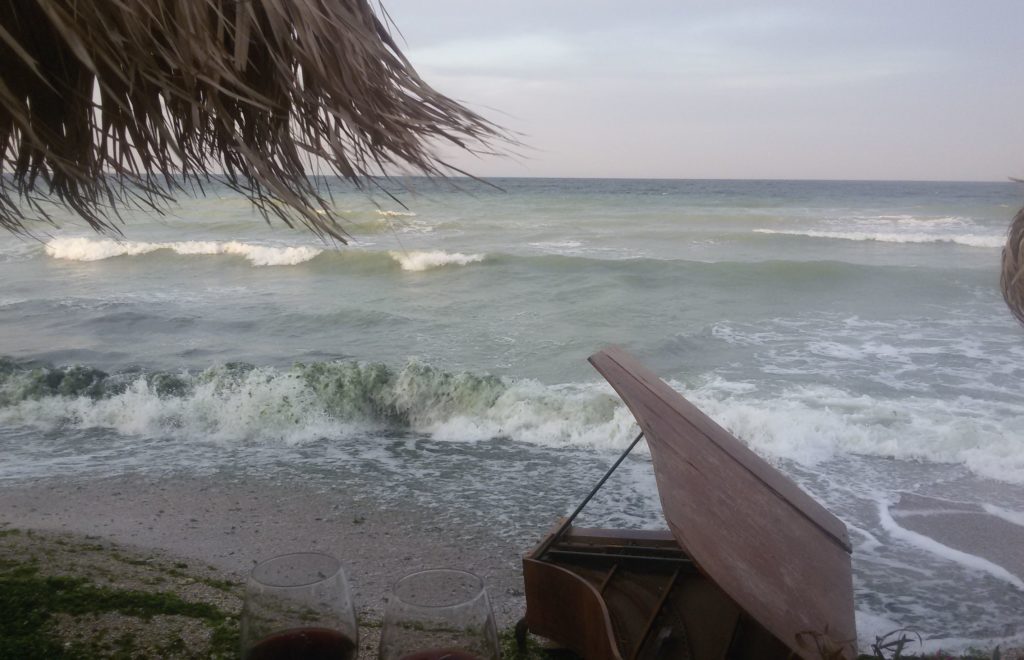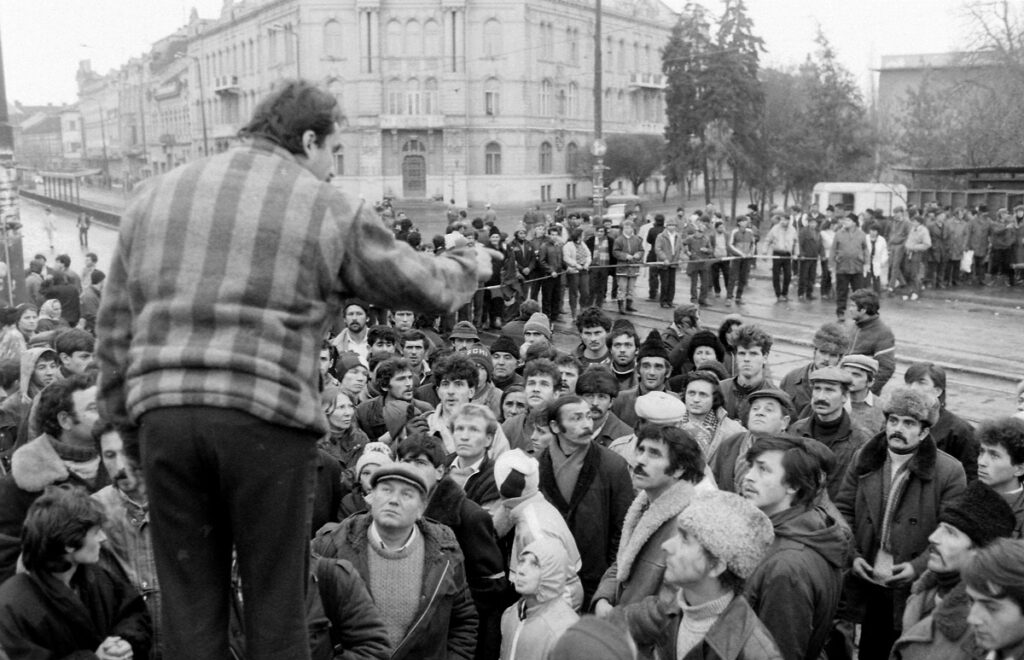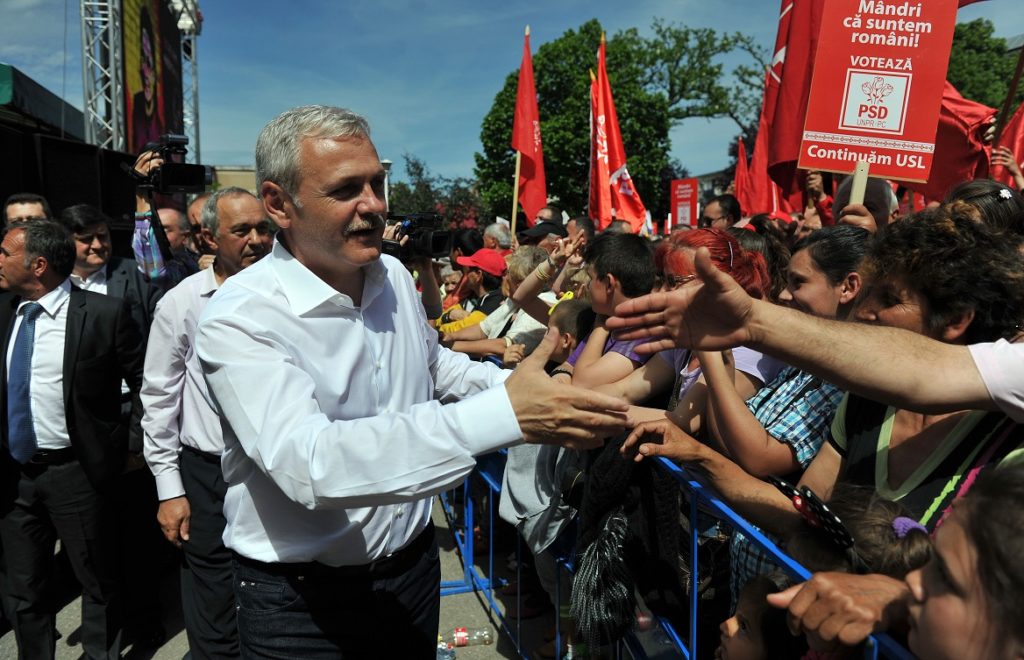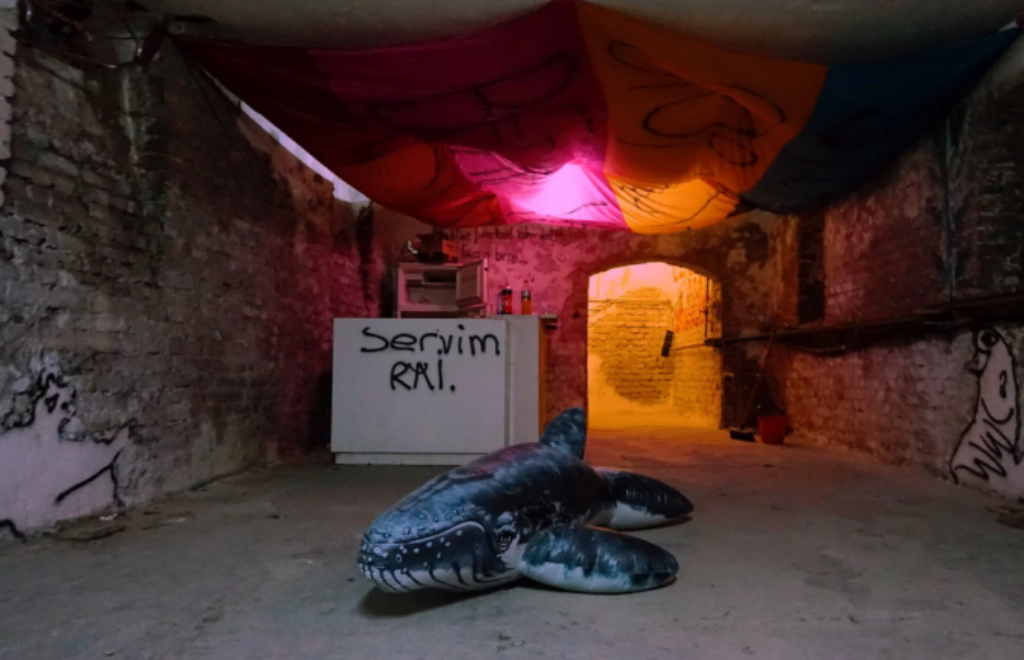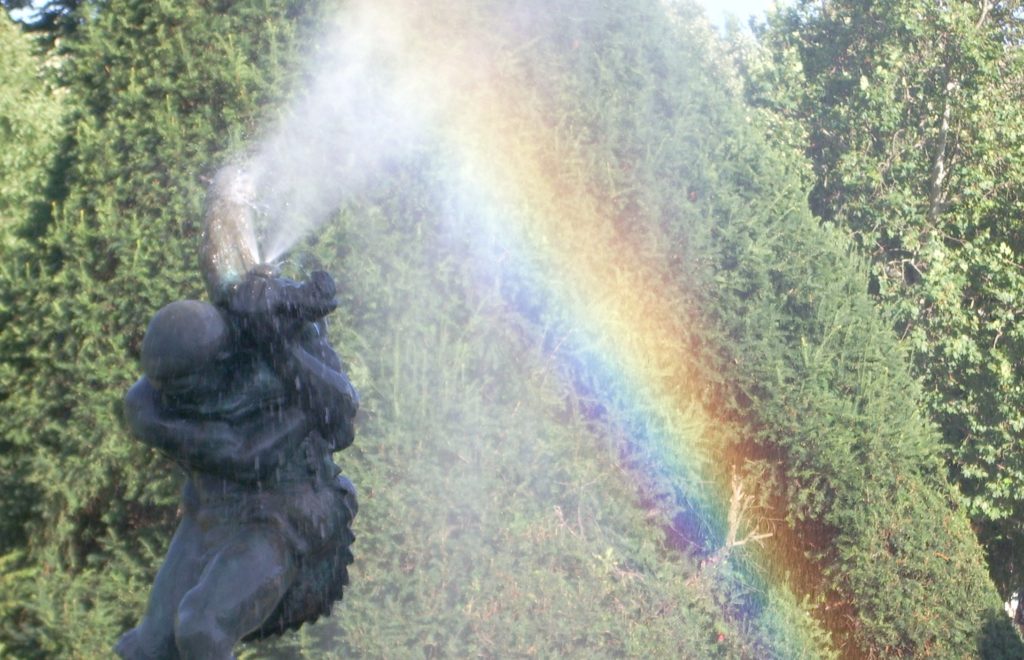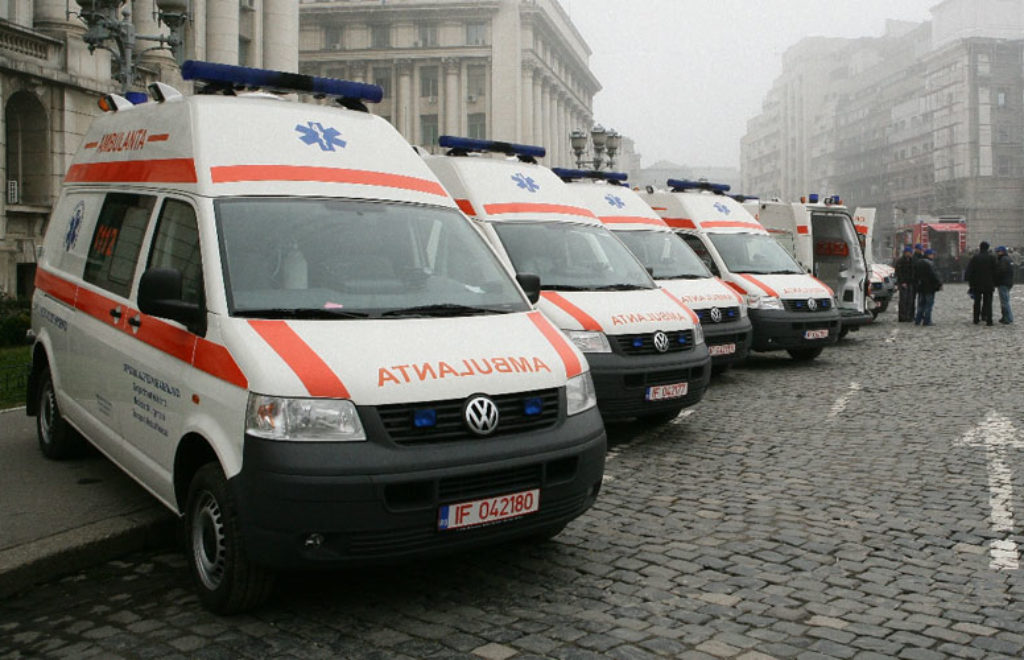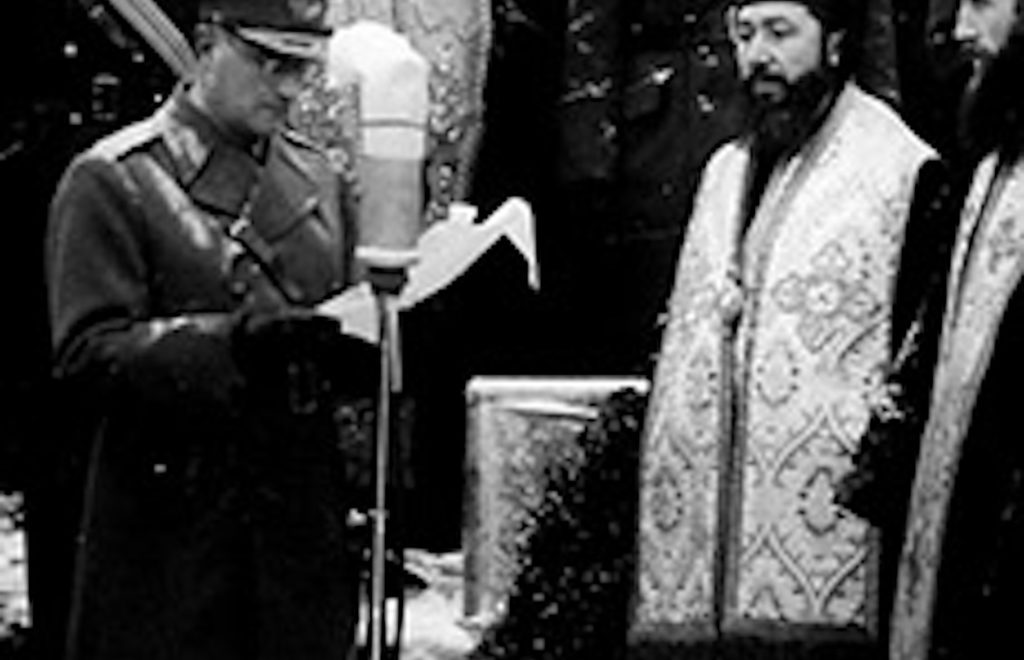From Piața Universității to #rezist
In 2017 the Romanian government changed legal provisions which allowed for the pardoning of corrupt officials and changed the law to be more relaxed towards the abuse of power. Since they were announced, frequent anti-government demonstrations in many cities in Romania broke out as thousands voiced their concern that the country was moving away from the values of the EU. The poet, novelist and academic Ruxandra Cesereanu was involved with these protests from the very beginning, documenting them in a journal which will be published in Romania. Here are some excerpts from her writings.
August 26, 2019 - Ruxandra Cesereanu



